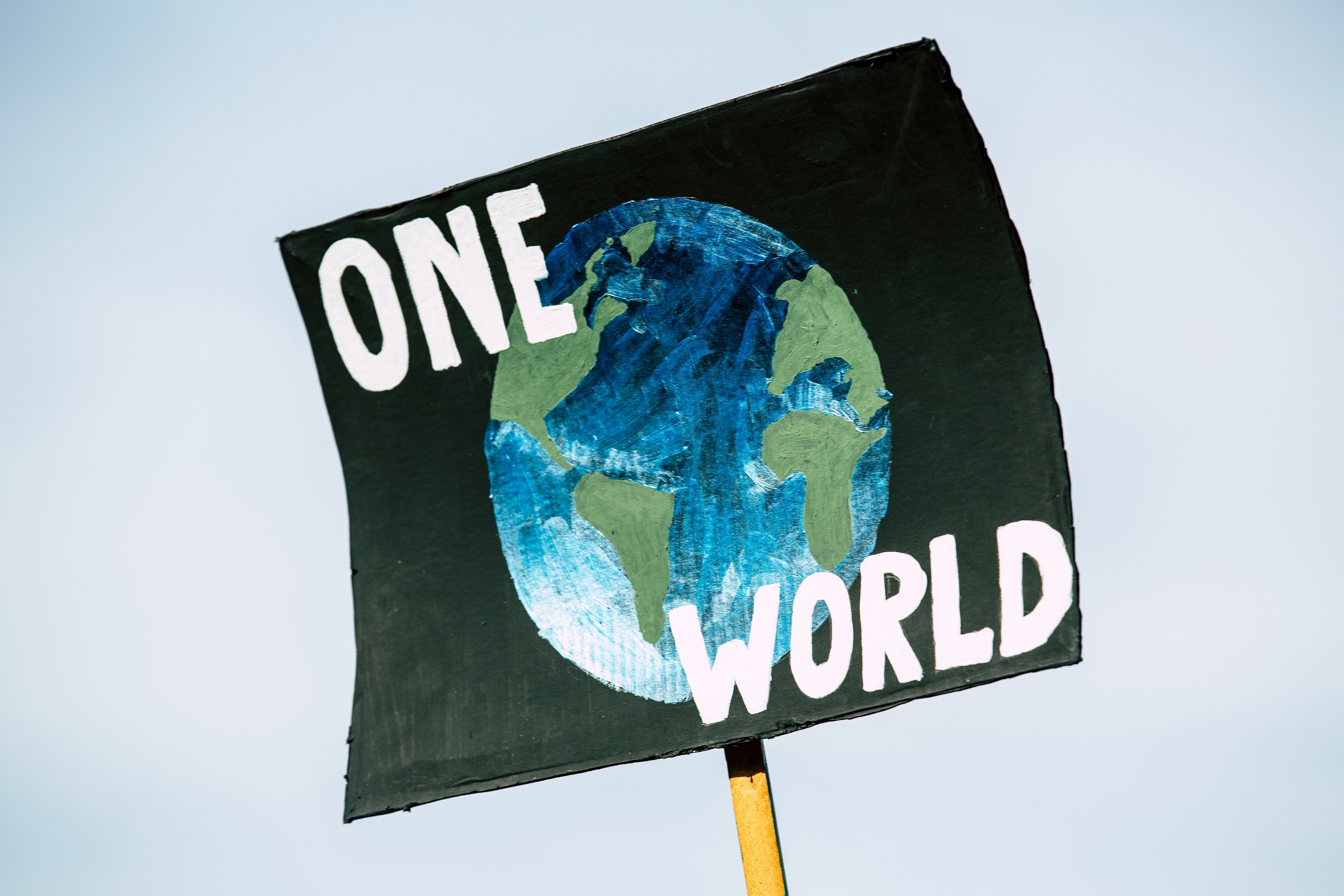World Mental Health Day: 4 recent reads from the Forum

Mental health issues are more common than we think.
Image: Unsplash/Dan Meyers
Stay up to date:
Mental Health
Listen to the article
- World Mental Health Day 2022 on 10 October is a chance to rekindle efforts to improve mental health, says the World Health Organization.
- This roundup article brings you four recent articles from the World Economic Forum on mental health.
1. What is World Mental Health Day?
At least one in eight of us is affected by mental health issues. For adolescents aged 10 to 19, this rises to one in seven.
World Mental Health Day 2022 on 10 October is a chance to “rekindle our efforts to protect and improve mental health,” says the World Health Organization (WHO).
This issue was exacerbated by the COVID-19 pandemic, which caused a 25% increase in the prevalence of anxiety and depression worldwide. Despite how widespread mental health problems are, services, skills and funding for this global health issue “remain in short supply, and fall far below what is needed, especially in low and middle-income countries”, according to the WHO.

People with mental health conditions often die prematurely - as much as 20 years earlier than the average person - due to preventable physical conditions, WHO figures show. In some countries, they are also more likely to suffer human rights violations, discrimination and stigma.
To combat this global issue, the United Nations’ Good Health and Well-being Sustainable Development Goal calls for 80% of nations to integrate mental health into primary healthcare by 2030.
What is the World Economic Forum doing about mental health?
The WHO says “we must deepen the value and commitment we give to mental health as individuals, communities and governments and match that value with more commitment, engagement and investment by all stakeholders, across all sectors.”
Find out more about World Mental Health Day 2022.
2. Healthcare CEOs explain how to respond to the biggest challenges in the industry
Susanne Andreae, Head of Health and Healthcare Industry at the Forum and Melissa Betheil, Partner Engagement Lead of Health and Healthcare at the Forum share insights from healthcare CEOs on how to make wellbeing a priority.
The COVID-19 pandemic placed a huge strain on frontline healthcare workers, who have put their own health and wellbeing at risk to provide quality care for patients.

So what solutions are healthcare CEOs proposing?
Dr Rod Hochman, President and CEO of Providence promotes the importance of workforce-centred mental health programmes that create safe spaces, free counselling for caregivers and fair and equitable pay.
Shobana Kamineni, Executive Vice-Chairperson of Apollo Hospitals Enterprise Limited emphasises the need to embed technology into healthcare to ease pressures. From telehealth tools to artificial intelligence, new technologies "allow systems to manage treatment better despite limited workforce".
Some solutions take more straightforward approaches, however, with Dr Marc Harrison, President and CEO of Intermountain Healthcare advocating for lending an ear to burned-out caregivers.
"It’s no secret. Caregivers across the world are burned out – driven largely by the pandemic over the last two years. What do we do about it? Listen and learn from them, be humble as leaders, find ways to support them, invest in them, and have fun again.
”Read more expert opinions on how to respond to the biggest challenges in healthcare.
3. Mental health: With 'end in sight' for the pandemic, what do employers need to know?
The WHO just announced that the ‘end is in sight’ for the pandemic. For millions of workers who have become accustomed to remote working, this means returning to the office. Some large US corporations have even stated that “attendance will be expected and office resisters will be put on notice”.
PwC’s Global Workforce Hopes and Fears Survey 2022 finds that workers who can’t work remotely are far less likely than others to say they find their job fulfilling or believe that their team cares about their wellbeing.
As many workers return to the office, employers need to design systems to enable workers to have meaningful and healthy return-to-work experiences.
Poor mental health isn't just bad for workers, research shows that anxiety and depression are costing the global economy approximately $1 trillion every year in lost productivity.
Discover more about why employers need to champion workers' mental health moving forward.
4. How can workplaces effectively support mental health?
Dévora Kestel, Director of the Department of Mental Health and Substance Use at the Forum, Shyam Bishen, Head of Health and Healthcare at the Forum and Miranda Wolpert, Director of Mental Health at the Wellcome Trust explore how employers can support workers' mental health.
Employers can be a powerful source of support for mental health, with research from Edelman revealing that 78% of employees trust their employers.
Together with Wellcome and the Forum, the WHO are urging employers to use these new guidelines on mental health at work.
One such guideline recommended the use of manager training for helping to protect mental health at work. By improving managers' knowledge and attitudes towards mental health, managers can better recognize and appropriately respond to employees experiencing emotional distress.
WHO’s guidelines, published alongside a Policy Brief co-authored with the International Labour Organization, should be the go-to resource for any employer looking to enhance their approach to supporting workplace mental health.
Learn more about the WHO's guidelines for supporting mental health at work.
More on mental health from Agenda
Accept our marketing cookies to access this content.
These cookies are currently disabled in your browser.
Don't miss any update on this topic
Create a free account and access your personalized content collection with our latest publications and analyses.
License and Republishing
World Economic Forum articles may be republished in accordance with the Creative Commons Attribution-NonCommercial-NoDerivatives 4.0 International Public License, and in accordance with our Terms of Use.
The views expressed in this article are those of the author alone and not the World Economic Forum.
Forum Stories newsletter
Bringing you weekly curated insights and analysis on the global issues that matter.
More on Wellbeing and Mental HealthSee all
David Elliott
September 22, 2025
Hannes Klöpper
August 26, 2025
David Ebube Nwachukwu and Adam Skali
August 25, 2025
Margarita Louis-Dreyfus
August 22, 2025
Maha Hosain Aziz
August 20, 2025
Chavalit Frederick Tsao
August 19, 2025







